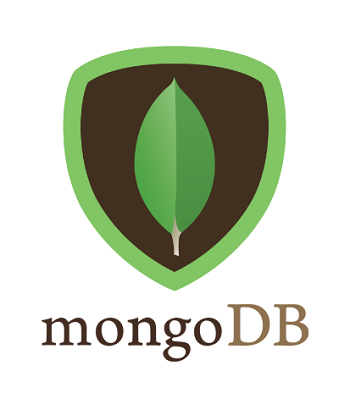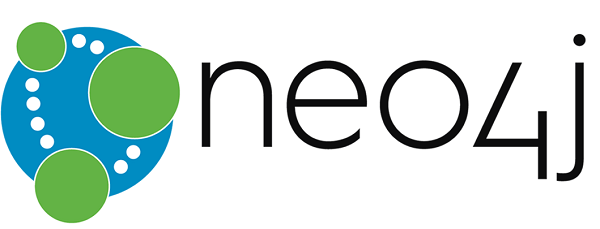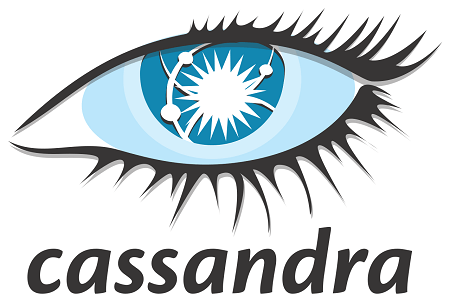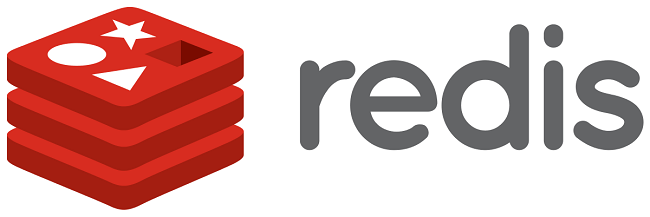Free NoSQL databasesNoSQL databases are becoming increasingly popular. It's because conventional relational databases are no longer sufficient to meet their requirements, and businesses increasingly require NoSQL databases. Today's time companies have to deal with millions of users at once and regularly manage a huge amount of structured and unstructured data. It also ensures that their service doesn't go down. All of these expectations have resulted in creating NoSQL databases, which are more agile, scalable, and better suited to massive amounts of data. In this article, we are going to discuss the free NoSQL databases with their advantages and disadvantages. There are several free NoSQL databases following of them are as follows:
MongoDB
It is a document-oriented database that uses data in JSON-style format. It may be optimized for replication and high availability and is suitable for website data storage, caching apps, and content management. It is a highly scalable and agile NoSQL database that is a fantastic performer. It is an open-source database written in C++, and it also includes document-oriented storage. It also includes various benefits such as high availability over LANs and MAN's network, proper training, complete index support, easy replication, flexibility in data aggregation and processing, support, and consultation. Advantages and Disadvantages of MongoDBThere are various advantages and disadvantages of MongoDB, and these are as follows: Advantages
Disadvantages
Couch DB
Couch DB is an Apache project that provides a very efficient database for JSON-based web applications. This database provides a very efficient API for storing JSON objects in the database as documents. MapReduce Queries on CouchDB can be run using JavaScript. It also includes a very useful web-based administration console. This database has the potential to be extremely useful for web applications. Advantages and Disadvantages of Couch DBThere are various advantages and disadvantages of Couch DB, and these are as follows: Advantages
Disadvantages
Riak
Riak is a highly resilient distributed NoSQL database that guarantees data accuracy. It is designed with several clusters to ensure that data is not lost even if a hardware failure occurs and that read/write operations may proceed smoothly. It is based on a key and value specification that addresses several issues in big data management, including monitoring user data, copying data around several locations worldwide, storing linked data, and so on. Riak's characteristics include scalability, organizational simplicity, complex query support, resiliency, and many others. It may be used in conjunction with Apache Spark to provide real-time Spark analysis. Advantages and Disadvantages of RiakThere are various advantages and disadvantages of Riak, and these are as follows: Advantages
Disadvantages
Neo4j
Neo4j is a graph-based database that excels at not only storing data but also storing data relationships. Noe4j may access data even faster than conventional databases since it binds the data as it is stored in the database. Each data record contains direct references to other data entries to which it is associated, illustrating the database's strength. It also uses Cypher queries, which are considerably faster and easier to write than SQL queries, and there is no need to worry about joins because it lacks tables. It also includes Java drivers. Officially, Net, JavaScript, Python, and Go are supported, while open-source community contributors have many other drivers such as Ruby, PHP, C, C++, and many others. Advantages and Disadvantages of Neo4jThere are various advantages and disadvantages of Neo4j, and these are as follows: Advantages
Disadvantages
Apache Cassandra
It is a free and open-source high-performance database. It may run on the cloud infrastructure and commodity hardware, and it is proven to be fault-tolerant. Without shutting down the system, it may manage the failed node replacements, and it may also automatically replicate the data across different nodes. Furthermore, it is a NoSQL database in which all the nodes are peers rather than the master-slave. It is highly scalable and fault-tolerant and allows us to install new machines without disrupting existing applications. Advantages and Disadvantages of Apache CassandraThere are various advantages and disadvantages of Apache Cassandra, and these are as follows: Advantages
Disadvantages
RavenDB
The RavenDB Database provides a complete transection of data integrity across the database's multiple documents and fully database cluster. It is an open-source distributed database with high availability and lightning speed. It's easy to use and comes with many native resources, so there's no need for addons, externals, or extra help to improve developer productivity. A secure multi-node database cluster may be set up on-premise or in the cloud in a short amount of time. Voron is its storage engine that may achieve speeds of 1.5 million reads per second and almost 150,000 writes per second on a single node using commodity hardware. Advantages and Disadvantages of RavenDBThere are various advantages and disadvantages of RavenDB, and these are as follows: Advantages
Disadvantages
Oracle NoSQL
It is a new NoSQL database from Oracle. In the year 2018, it is gaining popularity. In comparison to MongoDB and Casandra databases, it is less popular. It implements a map from user-defined keys to opaque data items. Although, it keeps track of internal key/value pair version numbers and keeps the most current version in the store. Oracle 12c is a cloud-based database management system that may run on a single or several servers and manage databases containing billions of records. Oracle's latest version includes a grid architecture and the utilization of both physical and logical structures. Advantages and Disadvantages of Oracle NoSQLThere are various advantages and disadvantages of Oracle NoSQL, and these are as follows: Advantages
Disadvantages
HBase
HBase is a distributed, non-relational database developed by Google for its BigTable database. HBase's main aim is to help billions of rows and millions of columns. We may add servers at any time to increase storage, and multiple master nodes ensure that the data is always available. Java 8 is used to build HBase. Apache permits it. It also comes with an easy-to-use Java API for customer access. This database is built on top of the Big Table, a distributed storage framework for structured data. It has various capabilities, including support against failure for all the servers, consistent reading and writing capabilities, scalability, etc. Advantages and Disadvantages of HBaseThere are various advantages and disadvantages of HBase, and these are as follows: Advantages
Disadvantages
Redis
It is an open-source database that supports a wide range of data structures, including hashes, sorted sets, strings, collections, lists, etc. It is written in ANSI C that compatible with various programming languages and Linux and OS X operating systems. Redis works with the memory dataset to maintain its fast performance. Its implementation uses the fork system calls to create a replicate of the current process with the data. The parent process may continue to work with existing clients while the child process copies the data to disk. Advantages and Disadvantages of RedisThere are various advantages and disadvantages of Redis, and these are as follows: Advantages
Disadvantages
Hypertable
Hypertable is an open-source NoSQL database created to address the scalability issue plaguing all relational databases. It was written in C++ and was based on the Google Big Table architecture. Both operating systems Mac OS X and Linux, support Hypertable. It is useful for many applications because it maintains the data sorting using the primary key. It is also designed to provide maximum efficiency while requiring the least amount of performance and reliability, making it extremely cost-effective. Advantages and Disadvantages of HypertableThere are various advantages and disadvantages of Hypertable, and these are as follows: Advantages
Disadvantages
ConclusionThese open-source NoSQL databases are very popular, and many businesses use them to meet their specific needs. Apache Cassandra and MongoDB are perhaps the most well-known of these, with Cassandra being used by 40% of Fortune 100 companies. However, we may use any of these databases depending on our needs since they each have their own benefits and features.
Next TopicGigabit
|
 For Videos Join Our Youtube Channel: Join Now
For Videos Join Our Youtube Channel: Join Now
Feedback
- Send your Feedback to [email protected]
Help Others, Please Share










